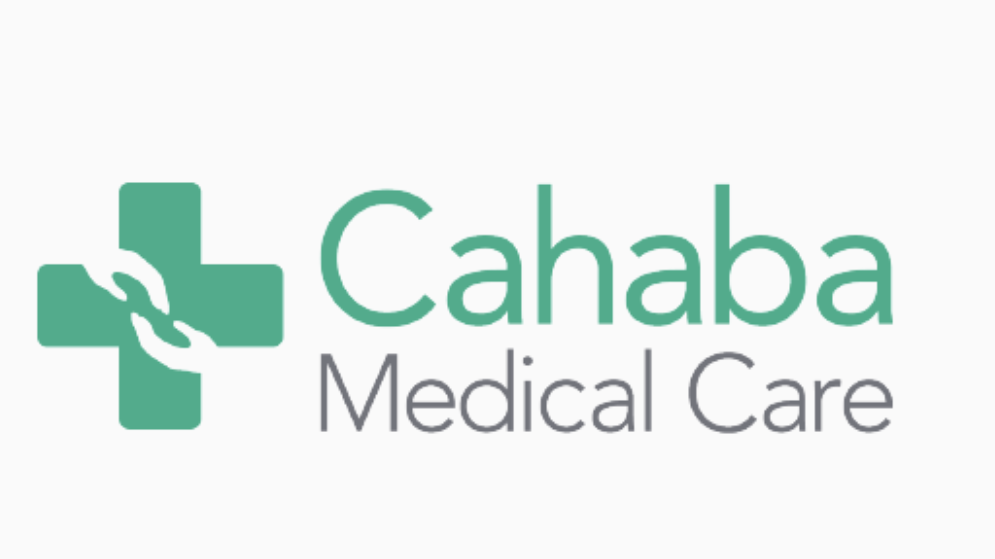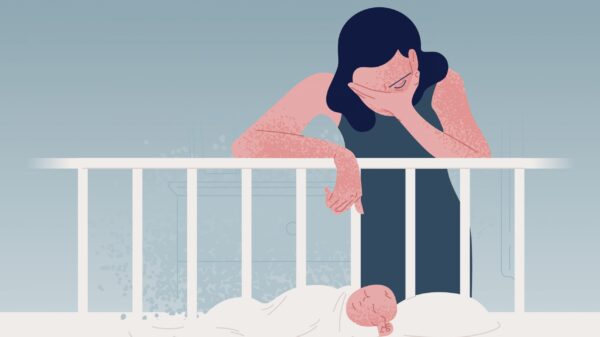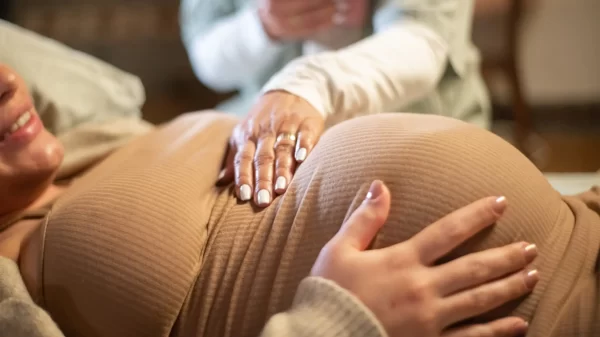The U.S. Department of Health and Human Services (HHS) announced $8.64 million for three awards to Cahaba Medical Care Foundation in Centreville.
The awards are designated for certain teaching health centers that operate primary care medical and dental residency programs that include high need specialties such as psychiatry and are part of President Joe Biden’s “unity agenda” to address the nation’s mental health crisis.
Cahaba Medical Care is the only such Teaching Health Center in the state.
“For CMC, this means that Bibb County is serving as the training ground for twelve resident physicians who are learning how to take care of all patients – regardless of insurance, financial and/or physical status,” the CMC website states.
Cahaba Medical Care is a Community Health Center (FQHC), accredited as a Patient-Centered Medical Home (PCMH) by the National Committee for Quality Assurance (NCQA) and Joint Commission. They have locations throughout central Alabama serving Bibb, Perry, Chilton and Jefferson Counties.
These awards – supported by the American Rescue Plan Act of 2021 and Fiscal Year 2022 funds – come at a significant moment when the nation’s health care workforce is facing challenges, as recently highlighted in the Surgeon General’s Advisory Addressing Health Worker Burnout.
“Having access to primary care and mental health support is essential to one’s health and well-being,” said HHS Secretary Xavier Becerra. “Increasing the number of primary care residents training in community health centers and other outpatient community clinics is a key part of the Biden-Harris Administration’s plan to address longstanding health inequities in our most vulnerable communities. We will continue to expand the primary care workforce supply line to help meet community needs.”
HRSA’s Teaching Health Center Graduate Medical Education program focuses on supporting residents in primary care residency training programs to meet the medical and mental health care needs of rural and underserved communities. It represents an important step toward increasing much-needed access to quality health care services.
“We are leading the effort to build a stronger primary care and mental health workforce to meet the needs of historically underserved communities by supporting primary care training programs that include psychiatry,” said HRSA administrator Carole Johnson. “The American Rescue Plan has been a game-changer for growing this critical program and helping us build a workforce that best reflects and serves the communities that need these resources the most.
These awards are part of the Biden-Harris Administration’s work to expand and improve the distribution of the nation’s primary care workforce in economically disadvantaged areas. Previous HRSA investments under the American Rescue Plan are supporting the planning and development of even more teaching health center primary care residency programs.
See a list of award recipients here.
Learn more about the Teaching Health Center Graduate Medical Education program and its impact on the community.




















































